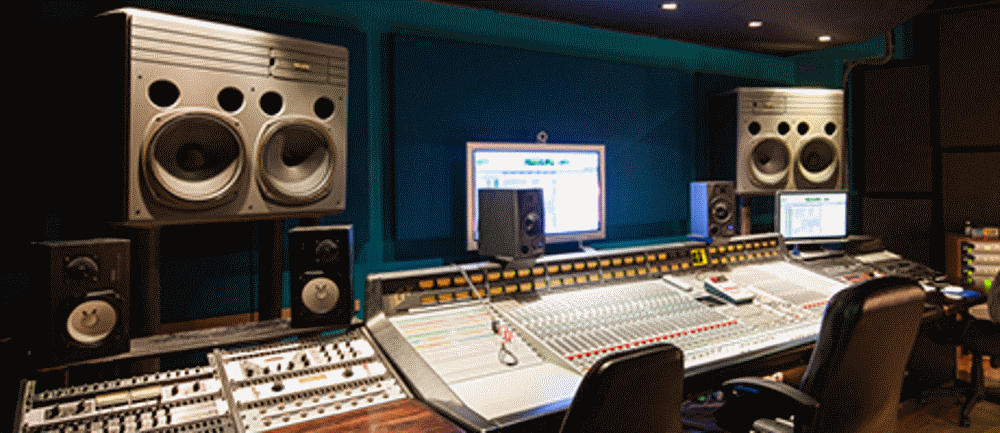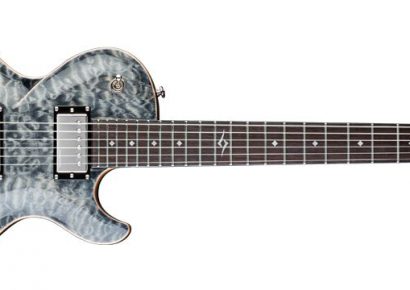What are your studios digital and/or analogue capabilities for recording?
The studios are almost entirely run in a Pro Tools environment but we do have the capacity to record to 2” tape if desired.
How many rooms does the studio include and what are they ideal for?
The studio complex has 6 control rooms and 6 live rooms in various shapes and sizes ranging from the main studio A with connecting B (window for vision between) to smaller rooms for single performances or a larger live performance space. All spaces can be used on their own directly connected to the control room next door or can be tied to other control rooms via the patch bay, making several live rooms available to the one control room in a session.
What recording gear is available to use?
Studio Q has a large 32 channel SSL G-Series as the main analogue console, plus an older Tascam and a newer Toft. In the digital desk realm we have an Icon, a C-24, a Control 24 and a Behringer X-32. A great overall range of mics are available and outboard gear covers the basic needs (compressors, delays etc). The SSL has a few special pieces with a Distressor, TLA and Vox Box plus others. What are some of the projects you’ve worked on most recently? At the moment I am recording a touring EP for Taelor-Jane Hanley, who writes dark, but energetic folk tunes. It really fi ts into my ‘keep it simple’ recording ethic as I like to record performers whose work shines best when you just let them do what they need to do. Taelor and her band’s delivery is great so I can concentrate on recording and mixing it well.
What are some of the projects you’re most proud of?
I’m most proud of a three track EP I did for Trio Red, a purist jazz trio (organ, guitar, drums) that did a few covers and an original. The session allowed me to record far more than necessary so I was able to take my pick for the EP. The musicians were professional and the session really allowed me to concentrate on mic placement experimentation. I am very proud of the resulting EP and I think the band is too.
What do you think makes a good studio?
A good studio is welcoming but encourages professionalism. A good studio has good gear in it, but doesn’t put that at the forefront, preferring to concentrate on the creative product and making sure the result is in focus. The general public don’t care what gear you have, they want to hum and sing and dance along to the music!
What separates you from the rest? Why should people come to you?
Musicians should work at Q Studios when they study at AIM because playing live is fantastic and that’s what you’re studying for, but the ability to walk into a studio and record your performance sets you up for opportunities later on. You can’t get halfway into your career and never have been in a studio.
What have you learned in your time working at Q Studios?
The time I’ve spent in Q Studios has been invaluable. Not only have I learned a whole bunch of new ways of doing things, I’ve managed to delete a lot of bad procedure from my workflow. I’ve become more relaxed behind the desk during recording and my mixing has benefited out of this world!

